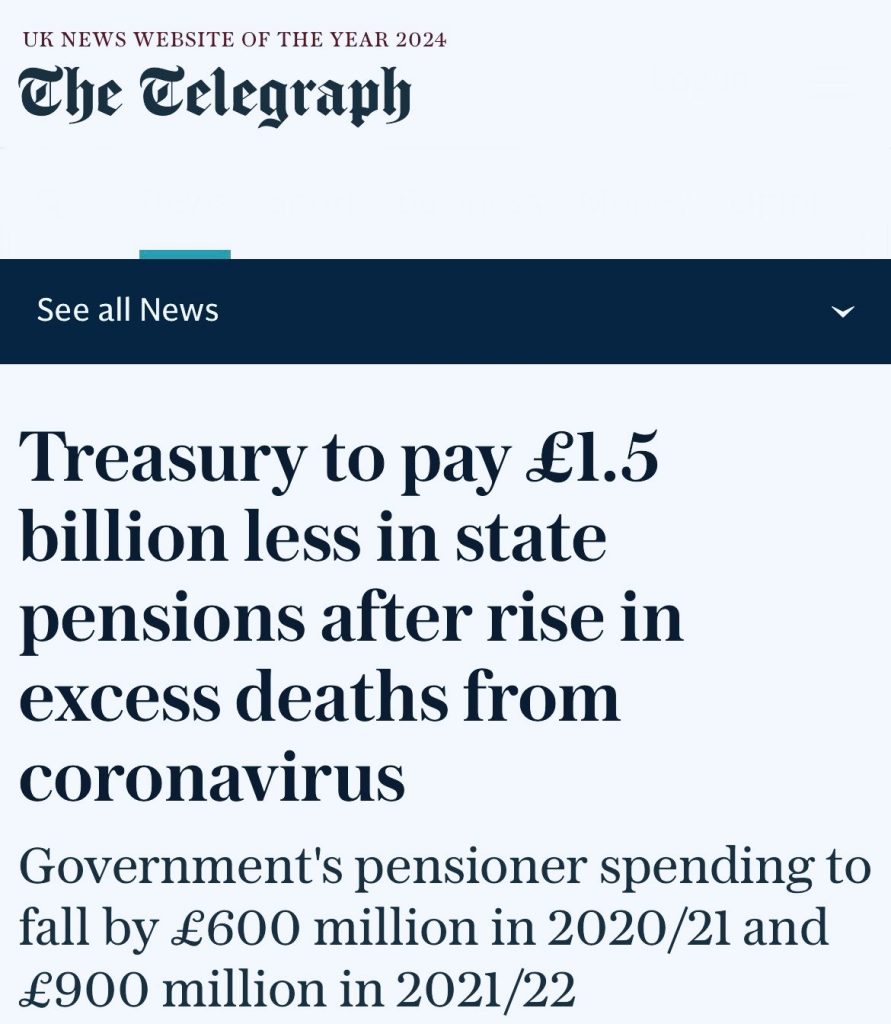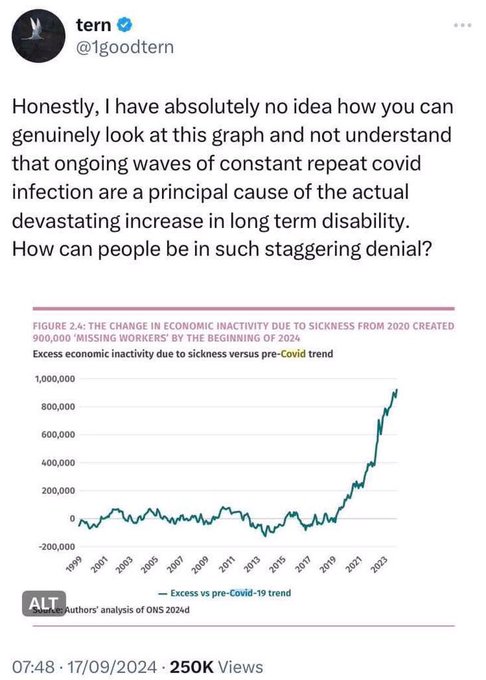One of the main advantages of capitalism is “permission.” It gives more people permission to do things than oligarchical or state capitalism. This was, actually, a lot of what Adam Smith was complaining about in “The Wealth of Nations”: that state monopolies and controls were limiting who could effectively participate in the economy: you might have a great idea, but you couldn’t do anything with it.
Capitalism, as a Western system, also has other features, of course, including wide-scale theft of capital from the majority of the population, of which the enclosure of the commons was one part (the commons were property rights). Society becomes divided into those who have capital, and those who don’t, who are compelled by Marx’s “whip of hunger” to work for wages. (Thus wage-slavery, a term coined in the 19th century when this process was happening in America.)
Still, the explosion of businesses of all sizes is much of what drove the success of capitalism: the ability to DO things, and not be stuck in old forms.
This is also at the heart of much of the success of China. What Westerners don’t realize is that, despite all the cries of totalitarianism, the Chinese government is one of the most decentralized in the world: over 70% of spending decisions are made below the national level: this makes it the most decentralized national government in the developed world.
China’s central leaders make decisions and laws, to be sure, but much of how that is implemented in any locale is up to the local party, and definitely not micro-managed.
If China had tried to micro-manage everything, they would never have succeeded in becoming the World’s largest economy, or lifted so many people out of poverty. Instead they would have succumbed to the same diseases that did in the USSR. (Which had its own successes, but stalled out for a variety of reasons.)
Some years ago, in an old book I can’t find, I read an introduction where the author, who had lived thru WWII, noted that the idea that fascism was the superior form of government had been proved to be absolute nonsense: when the Allies turned their economy around and pointed it at war production and mobilization it produced miracles precisely because decision making wasn’t bottle-necked at the top. A dictator and his few trusted cronies can be decisive, but their unwillingness to extend trust down the chain cripples them.
This requires social consensus and trust, however. America and Britain and Canada and Australia had to be behind the war at a population level: but they were, and while guidance was needed and often correction, it is precisely that many people could make decisions which made the war effort possible and helped crush the Nazis.
The problem we have now in the West is dual-barreled; we both have improper direction from the top and bottlenecking. New enterprises can start, and do, but if they are successful they can’t run: they are bought up or sold out. This is a result of the structure of financing these days: founders generally don’t control the majority of their company’s voting stock, and are forced to sell or go public by investors (most often, sell.)
Money itself is bottle-necked: there’s tons of it pooling at the top, but there are radically fewer banks than ever before, and access to money has to go thru the already rich. The old middle and even upper (not rich, but upper classes) are relatively poorer: the famous “check from Dad” investment is available to fewer and fewer.
Regulatory hurdles are massive. Everyone knows, for example, how to make insulin, and you’d think someone would get into the business and undercut producers. Insulin costs about $4 to make, and sells for over $300. In economics this looks like the sort of situation that would automatically lead to competition.
It doesn’t. For one, getting permission to produce is hard and expensive. For the second, if you did manage to, it would be costly to setup the initial factory and supply chain, and that means the current producers would simply step in and undercut the new entrant till they went out of business (people would buy the cheapest), then push prices back up once they had driven the challenger out of business.
The second bit is also a regulatory issue. A properly functioning government wouldn’t allow undercutting: but then a properly functioning government would not allow the sort of predatory pricing and abuse of oligopoly power.
There are only three insulin producers in the US: they are obviously in collusion (which older anti-trust law would have said is clear given how their prices are all so high and uniform, and thus it did not require proof of meetings and so on to set prices.)
And this is the next problem: if there were a hundred pharma producers in the US, one of them would break ranks. But when there are so few, they don’t: collusion is easy. You don’t even have to get together, you just have to follow the price increases and be willing to commit mass murder. Since it is a requirement of membership in modern capitalist elites in the West to be so-willing, of course no one in charge of Pharma in the US isn’t willing to mass murder to get richer, as Covid has also proved.
This inability to really do new things or even old things (insulin ain’t new) unless they benefit and are controlled by incumbents is rife throughout Western societies: it is by design. Even international trade law is designed to ensure this: tariffs and subsidies are how companies that don’t already lead an industry used to develop, but we’ve made that basically illegal, leaving only “pay your workers dirt cheap wages and we’ll let you in, if you cut us in on those delicious exploitation profits.”
This is what China did, at first: they cut Western and American elites in on the profits. But they also were very aggressive about obtaining the manufacturing knowledge (called “intellectual property” in the West”) for themselves. The price of the profits was that you had to give up your secrets. This was the deal, I was told this decades ago by people familiar with business in China and offshoring, but there’s a lot of pretense now that Western elites didn’t know it. They sold their countries good manufacturing jobs and middle classes down the river for Chinese gold.
I don’t blame the Chinese for this: I’d have done the same in their shoes, because industrializing by the “rules” hasn’t ever worked unless one was willing to be subordinate (Japan, Korea, Taiwan, etc…)
The Chinese sized up Western, and especially American weaknesses shrewdly and took advantage of them. American elites did get most of the profits they had been promised, they just didn’t get to own the Chinese economy, which is what they really wanted.
China is, thus, the great exception: the one who made it out. Almost everywhere else, however, what has happened is that a few companies in each industry have come to predominate. Their production facilities are scattered, but at the same time bottlenecked, with parts production in various locations final assembly in others, so that if any part of the chain is taken out the entire chain can experience shortages.
They are protected by vast “barriers to entry”. They can undercut at will, and regulators won’t stop them. The structure of starting new businesses means upstarts have to sell out, and often to their competitors, as one can see by watching internet giants gobbling up strong competitors like YouTube, Instagram, WhatsApp and so on. Law is against them, up to and including international law.
And so a few companies, controlled by a very small elite compared to the population, control most of the developed world economy. Where there might have been dozens or hundreds of viable large firms, now most sectors are controlled by a few conglomerates. These conglomerates then own national politicians, and those politicians write the laws to suit them. (A perusal of major extension of copyright law in the USA, with the original expiration dates on copyright on Mickey Mouse will be educational.)
Oligarchy is always stupid and unproductive. The great oligarchs are made out to be heroes, but almost all of them exist by making more activities impossible than they make possible: they do their best to allow nothing to succeed unless they will profit from it, as app stores, with their 30% rates, show at the most retail level.
All things human end. All oligarchical ages end, just as do all democratic ages, aristocratic ages and so on. The question is when and how? The ideal is to use what remains of the machines of effective democracy and government to end this oligarchical age. China has recently cracked down on billionaires and tech exploitation of workers (for example, they made abuse of app delivery workers illegal). They did so because the CCP understands its interests: it doesn’t want opposing power centers, and because the CCP wants the Chinese economy to work for everyone because they don’t want serious dissent.
The need for survival concentrates the CCP’s minds. Whatever one thinks of them, they can, as Matt Stoller points out, still govern.
Our elites, on the other hand, are pigs at the trough. There is nothing they will not do to become richer, and they have no eye for the longer run, only for power and money and now.
This has worked well for them for so long they do not believe it will ever end.
It will. It will either end because the populace ends it (led by a chunk of fallen elite or elite who decides to betray the other elites) or because the necessary conditions for its success crumble. This can be an end to geopolitical supremacy (which Western elites are scared of, which is why the onrushing Cold War with China) or collapse of the environmental conditions and resources necessary to continue this mode of production, which is something our elites are not scared of (no, they aren’t scared of climate change.)
Unfortunately, at this time, it seems most likely that this configuration will end because of environmental and societal collapse.
(My writing helps pay my rent and buys me food. So please consider subscribing or donating if you like my writing.)


